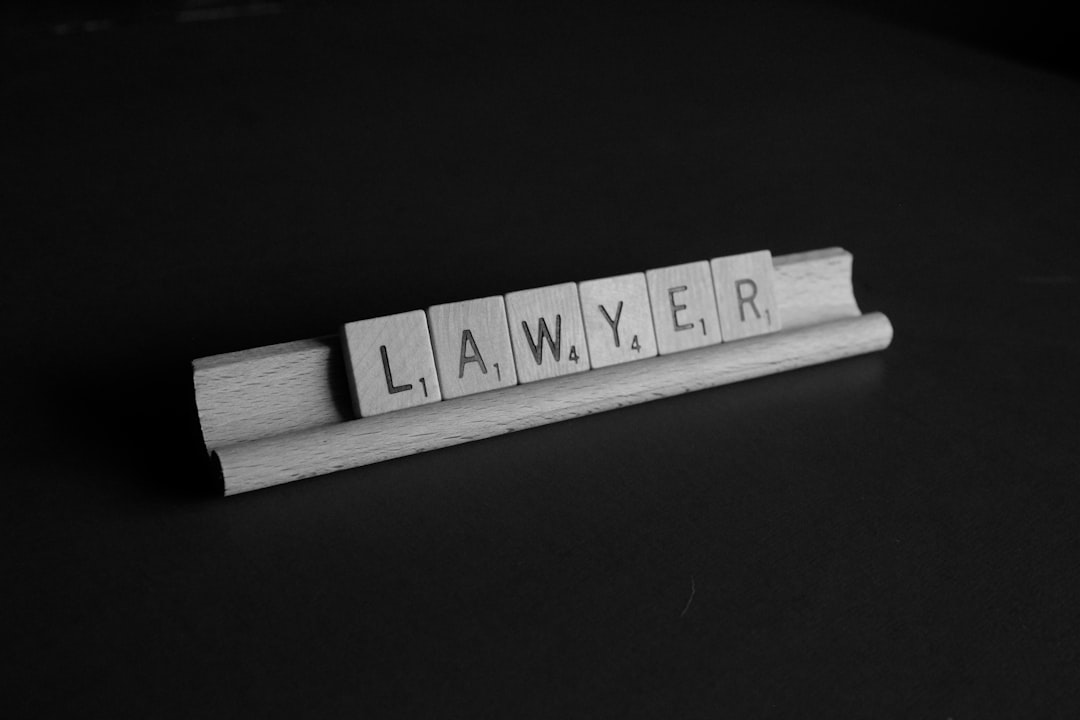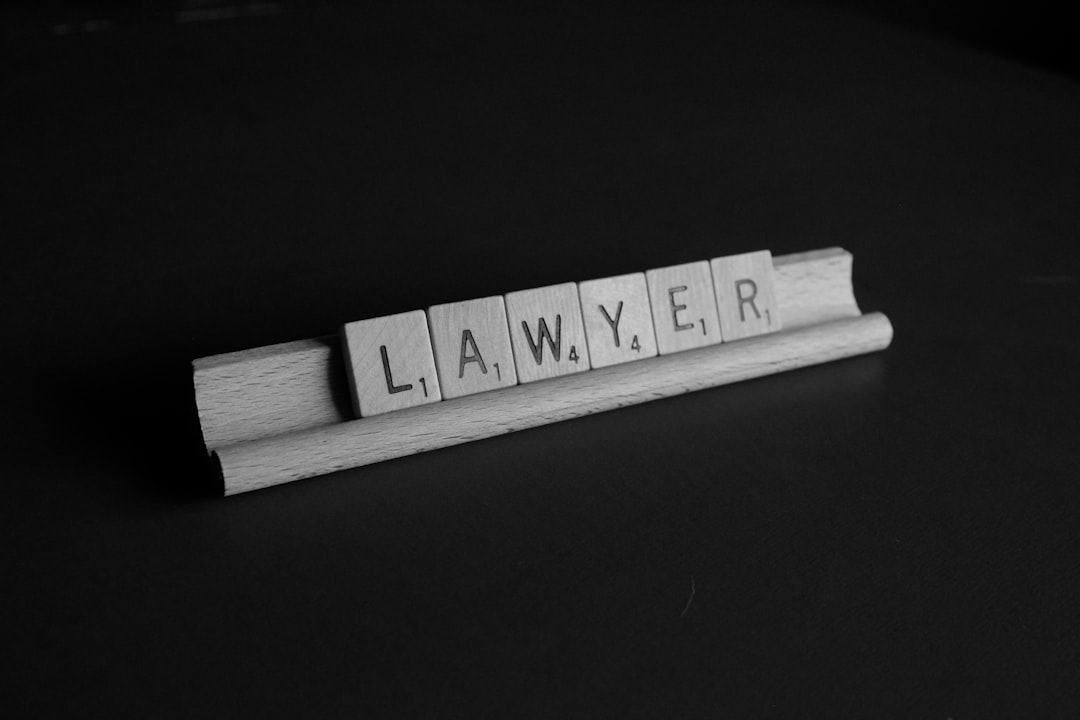New York's strict laws protect consumers from abusive debt collection practices. The Fair Debt Collection Practices Act (FDCPA) and state regulations guide collectors' communication with debtors, ensuring fairness and transparency. Debtors have rights to dispute, validate, and request cessation of collection efforts upon written notice. Engaging a debt collector lawyer in New York facilitates understanding of these rights and responsibilities, promoting ethical debt recovery practices.
In New York, debt collectors must adhere to stringent legal guidelines to protect debtors’ rights. Understanding what debt collectors can and cannot do is crucial for both professionals and consumers alike. This article explores the legal landscape surrounding debt collection practices in NY, focusing on rights and responsibilities, communication methods, and adherence to the Fair Collection Practices Act (FPCA). Learn from a trusted debt collector lawyer New York about ethical practices and consequences of illegal activities.
Legal Rights and Responsibilities of Debt Collectors in NY

In New York, debt collectors must adhere to strict legal guidelines and regulations to protect consumers’ rights. According to the Fair Debt Collection Practices Act (FDCPA), debt collectors are prohibited from using abusive, unfair, or deceptive methods when attempting to collect a debt. This includes threatening language, false statements, or harassing behavior towards debtors. New York state law also imposes its own set of rules, such as requiring debt collectors to identify themselves and provide debtors with specific rights, including the right to request validation of the debt.
Debt collector lawyers in New York play a crucial role in ensuring these laws are enforced. If a debt collector violates these regulations, individuals may file complaints with the New York State Attorney General’s Office or seek legal action against the collector for damages and injunctive relief. Understanding one’s rights as a debtor is essential to navigating this process effectively, especially when dealing with persistent or aggressive collection efforts.
Permitted Communication Methods with Debtors

Debt collectors in New York must adhere to strict guidelines regarding their communication with debtors. They are permitted to contact individuals by regular mail, email, and phone calls, but there are significant restrictions on when and how they can do so. For instance, collectors cannot call before 8 am or after 9 pm, except in specific circumstances, such as for emergency situations or if the debtor has agreed to broader contact hours.
Additionally, debt collectors must obtain all necessary consent before contacting debtors by phone, and they cannot harass, threaten, or intimidate individuals. They are also required to provide clear identification when reaching out to ensure transparency and fairness throughout the collection process. Engaging with a debt collector lawyer in New York can help both parties understand their rights and responsibilities, ensuring compliance with state laws while effectively managing debt recovery.
Fair Collection Practices Act (FPCA) Guidelines

In New York, debt collectors are governed by state laws and federal regulations, most notably the Fair Collection Practices Act (FPCA). This act outlines the legal parameters for how debt collectors can interact with debtors, ensuring fair and respectful treatment. The FPCA Guidelines stipulate that debt collectors must refrain from using abusive, oppressive, or harassing tactics when attempting to collect a debt. They are also prohibited from making false or misleading statements about the debt or its consequences, and they must provide clear and accurate information about the debt’s status.
Additionally, debt collectors in New York must obtain proper verification of the debt before contacting the debtor and must cease collection efforts if requested, as long as the request is made in writing. Debtors have rights under the FPCA, including the right to dispute the validity of the debt and to request validation of the debt from the collector. Engaging with a skilled debt collector lawyer in New York can help both parties understand and adhere to these legal guidelines, ensuring a fair and transparent collection process.
Consequences for Unethical or Illegal Debt Collection Activities

In New York, debt collectors are bound by strict laws designed to protect consumers from aggressive or unfair practices. Engaging in unethical or illegal debt collection activities can lead to severe consequences for collectors and their agencies. Individuals who violate these regulations may face significant financial penalties, including substantial fines and legal fees. Additionally, they could be held liable for damages incurred by the debtor, such as emotional distress or wrongful disclosure of personal information.
A debt collector lawyer in New York can guide both debtors and creditors on legal boundaries to ensure fair practices. Debtors have rights, too, and should be aware of their protections under state and federal laws. Reporting suspected illegal collection activities to relevant authorities is crucial. This includes documenting any harassing calls, false representations, or threats used by the debt collector. Such actions not only protect individuals but also help maintain a transparent and just debt collection system in New York.






